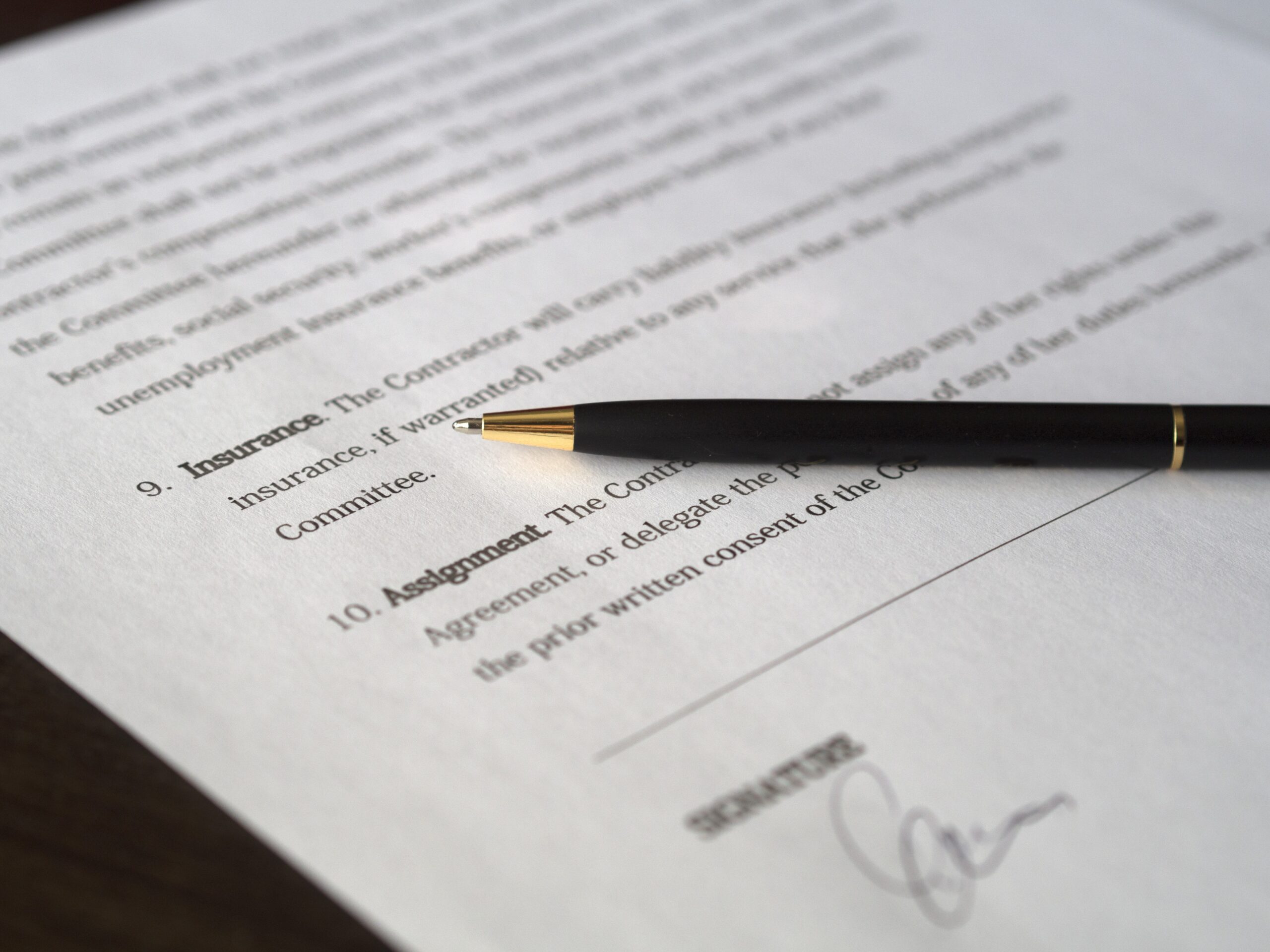
Let’s talk about the unspoken what if or even for many since COVID and other buyouts – WHEN YOUR CONTRACT IS NO MORE. That moment many authors may have already experienced when the Publisher or Press you signed on for is Dissolved. What does that mean? It’s a technical term for a company closing its doors permanently. The reasons can range:
- Bought out and discontinued by a larger publisher/press.
- Company filed and dissolved (sometimes filing bankruptcy or the owner unable to keep the company going for personal or business reasons).
- Lawsuits or other legal action exposed royalties unpaid and other unsavory business practices.
- Sometimes it’s a merger or buyout that doesn’t renew most of the contracts.
Where does the Backlist go?
First off, a backlist for an author or publisher is considered a book that was released 2+ years ago. These are the first books in a series or start of an author’s career in most cases. Prepare for the industry to refuse your backlist, a staple that is archaic and old as time (unless you’re a big author like Neil Gaiman and still considered ‘relevant’ on the market).
Regardless of the reason why you no longer have these books published, this often leaves authors midway in series and trilogies, or leaving books that once made money unable to reach readers, new and old. Many current publishers and presses will not consider previously published work and often this leads to feeling like you have to start all over again. This isn’t far-fetched from a new experience self-published authors are also feeling. Often self-pub authors will need to pull all their books and completely abandon them in order to sign with a traditional publisher or literary agent with a new book.
So where do all these books go? Nowhere. They return to a shelf or obscure place on a computer somewhere to collect dust meanwhile fans search in hopes of finding that book again in a thrift store someplace.
Backlist are Vital to the Industry
This is the most confusing aspect of the industry. Why the stigma on backlist? What is it that has left a sour taste in the mouths of agents and publishers? After much toiling, it still doesn’t add up. Let’s review some things you should consider:
- Ingram reported in 2021 that 78% of their overall sales came from their backlist. This was a distribution reach that included many of the big 20 publishers as well as independent publishers.
- Written Word Media has reported time and time again, authors with 20+ more books published make more money.
- New readers will always start at book one in a series, so publishing later books (i.e. 3, 4, 5+) without the rest defeats the purpose.
- Marketing as an author has best results when you have 3 or more books already out in the series.
- A large publisher contract is only 3 years long, so books barely hit into the “backlist” zone for a year before being dropped.
What Now?
Let’s discuss what to do. Because the majority of publishers will not accept your backlist, doesn’t mean there aren’t companies out there that will. 4 Horsemen Publications is one of those rare gems, but even some of these publishers will allow you to self-publish the backlist. In short, here are some things to beware of as you get files back, or to prepare in order to revive your backlist. This can even double for canceling a contract and pitfalls to avoid:
- Don’t feel the need to pay for cover and typeset (especially if the price soars into the 4-digit and thousands of dollars range). Most publishers will want to do their own touch on the book and it’s rare that they keep these even when provided. Instead, focus on giving them the manuscript instead.
- Most contracts cover cancellation terms and in the case of dissolution where rights can be reverted. Many simply need a written notice while others might need a more detailed chain of events. Remember to review these sections in the contracts you signed and call upon legal help as needed.
- Double check the copyrights. It should be in your name with the publisher as an agent. If you discover the copyright is listed under the publisher or another name, you should seek out legal advice on what the next steps should be on this matter. A dissolved company may allow you to change it to your own name, meanwhile a dropped contract may result in you needing to buy your book rights back!
- Prepare for a complete relaunch and makeover. The best way to revive an abandoned or rocky situation is to take a huge step back and walk forward again. This is going to be the best method to handle a backlist when a publisher takes it on and even more so if you decide to self-publish it on your own.
Will 4HP Consider taking my Backlist? Previously Published Books?
In short, YES! But, as with any book we take on, it needs to be given to us via our submissions page and go through our process. We love to help authors and the community, but we have a quality and expectation to adhere to in order to maintain our values. Whether submitting to us or elsewhere be prepared to provide:
- Proof you have the rights.
- Book is no longer available at vendors or for printing.
- Print versions will always be available as long as someone has it in stock, so this is just part of that used book market that will always show up.
- eBook versions should be unpublished and unavailable completely.
- Audiobooks should be unpublished and unavailable, but some distributors and contracts make this more complex. Some are locked in to be live for 5-10 years depending on the contracts the former publisher made. Be sure when you cancel your contract or the company dissolves that you reach out to make arrangements to still get your royalties accordingly!
- Again, prepare for a complete makeover. New cover, new formatting/interior, and relaunch!
- Don’t assume the publisher will be ok with the former publisher’s edits. Some might review and decide yay or nay, while others will say no and do it again with their standards applied.

